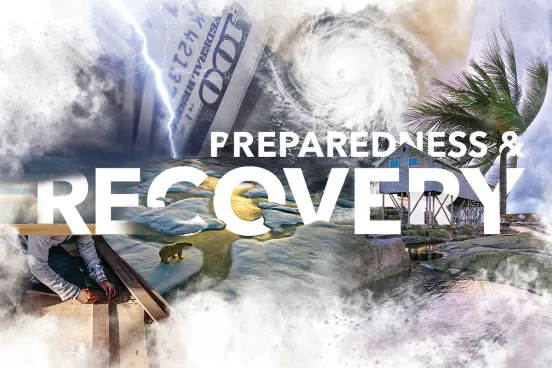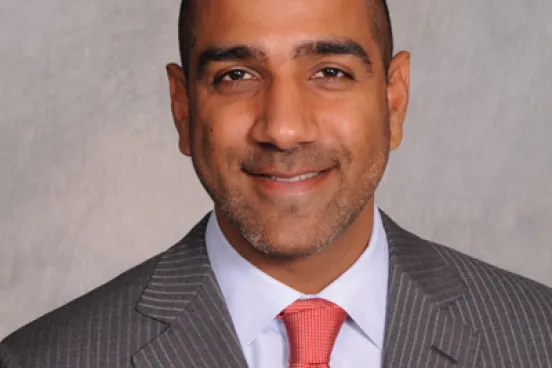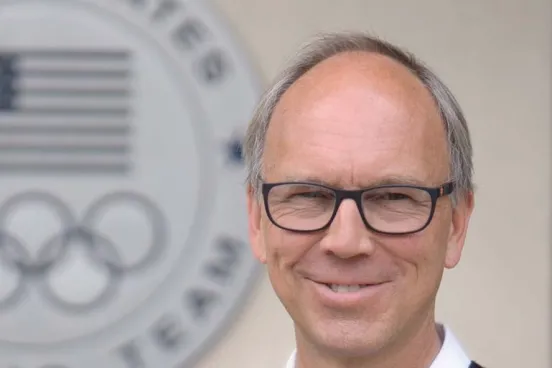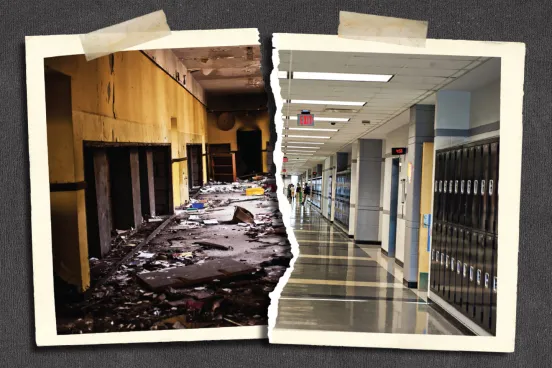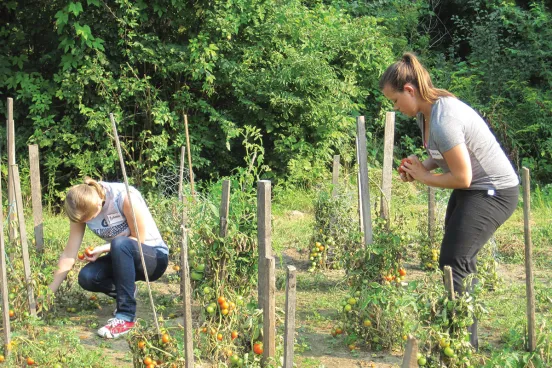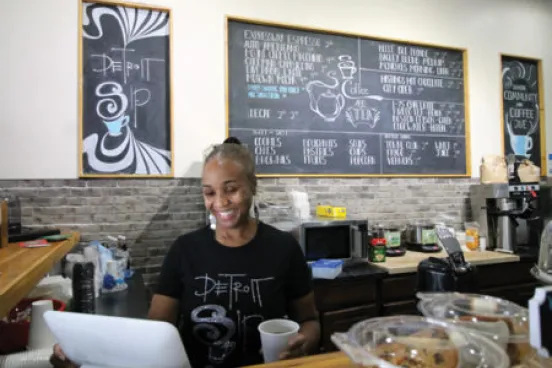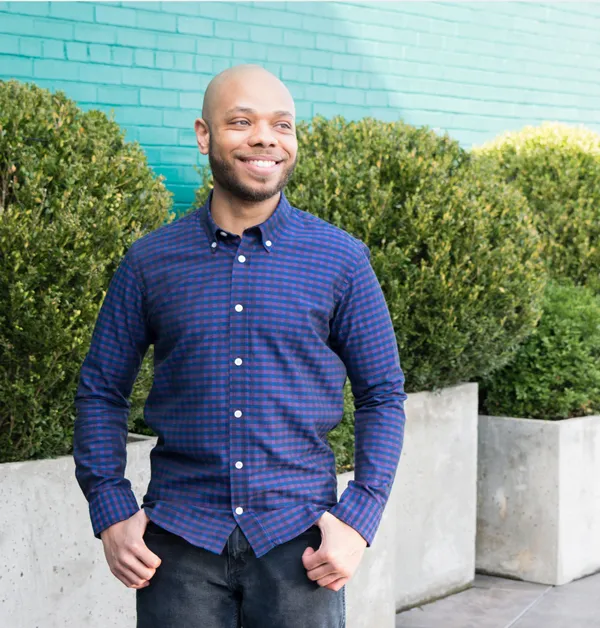
Chase Cantrell, ’08, could have gone many places with a degree from Michigan Law. Instead, he chose to be a force for positive change in his native Detroit.
Cantrell is a double Wolverine: He earned a bachelor’s degree in political science, with a French and francophone studies minor, in 2005, before going straight through to the Law School. Today, he is executive director of Building Community Value (BCV), a Detroit-based real estate nonprofit working in some of the city’s underserved neighborhoods, which he founded in 2016. He also is fund manager of Cooperative Capital’s inaugural private equity fund, Detroit Community Capital.
His work on community development projects relies on his background in real estate and corporate law, hot topics in a city like Detroit, with new stadiums and housing. Whether the changes benefit people like himself, those of color who have remained a part of their native city, is a question often on Cantrell’s mind.
Since graduation, Cantrell has seen a shift in the University’s relationship with Detroit. During school, he says, “When I would talk about Detroit, people would be curious. But the curiosity wouldn’t extend to, ‘let’s learn more.’ I didn’t get a chance to celebrate Detroit, whereas people are able to do that more now.”
Today, Detroit has considerable buzz on campus and beyond.
The result is a real estate bubble primarily downtown and in select residential neighborhoods, particularly the Cass Corridor, also known as midtown, which surrounds the Detroit Institute of Arts and Wayne State University. Having worked downtown in the Renaissance Center, Cantrell’s goal is to use his organization to shift attention to other neighborhoods in Detroit.
Through BCV and Cooperative Capital, and in collaboration with academic and community partners, Cantrell seeks to be a catalyst for sustainable social and economic development that engages distressed communities in creating impactful, resident-led change but, more specifically, improves livability for all Detroiters.
BCV offers a six-session course called Better Buildings, Better Blocks, which teaches Detroit residents the basics of real estate development, so they can be catalysts in areas that traditional developers have so far left untouched. It is based on a curriculum developed by Professor Peter Allen at U-M’s Ross School of Business and previously piloted by the U-M School of Social Work’s Technical Assistance Center. Classes are supplemented with online lectures, weekly reading assignments, and regular office hours.
“I knew it was developing in the core but not in the neighborhoods, so I wondered what I could do to affect change in the system,” says Cantrell of Detroit and his interest in launching his project.
“I love real estate, and I can help people with this.” The Better Buildings, Better Blocks class has garnered national media attention and in June 2017 won a John S. and James L. Knight Foundation Knight Cities Challenge grant.
“The neighborhoods still need amenities, they need businesses,” Cantrell told the Detroit Free Press after winning the award. “They have dreams and plans for what those places should look like. If we give them the tools, they can be the first ones in, frankly.”
During law school, Cantrell received Dykema Gossett’s first diversity scholarship, and interned for the firm.
He could have continued there or moved elsewhere to pursue other options. Instead, Cantrell says, “Detroit kept pulling me back.” It offers the chance to “have real impact, where what you’re doing can actually make a difference. Not only that, but you can be innovative.”
Staying in Detroit also has kept Cantrell connected with his alma mater, and he continues to find ways to aid current students and graduates. He particularly enjoys connecting African American students with those who can help them in their careers.
“The network is one of privilege, and that opens doors,” Cantrell says. “Everyone can’t get that introduction. But when I can, I try to help build connections.”


